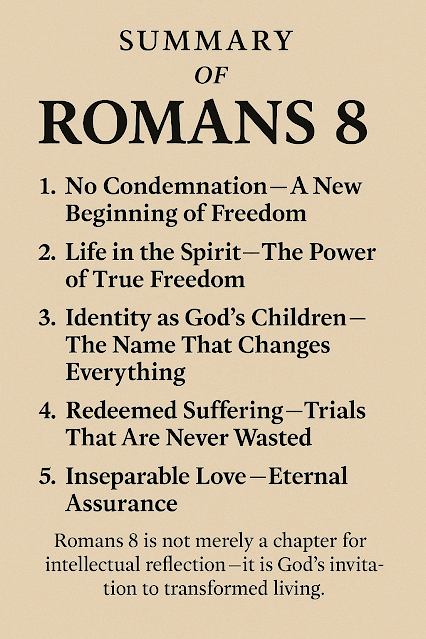Overcoming 5 Hidden Obstacles to Prayer – C.S. Lewis Insights
Drawing from C. S. Lewis’s insights, this message addresses five key obstacles—Pride, Doubt, Fear, Distraction, and Self‑sufficiency—that weaken prayer and hinder intimacy with God, illustrated through Scripture verses, and Lewis’s quotations. As we learn to recognize and overcome these barriers, prayer is restored as a living, powerful means for transformation and communion with God.
1. Pride – The Invisible Enemy in Prayer
C. S. Lewis once stated, “Pride is the greatest sin and is completely opposed to God.” This powerful declaration reveals how destructive pride can be—especially in prayer.
Pride is subtle. It masquerades as confidence, strength, and control, quietly infiltrating our hearts and altering how we relate to God. Often, we mistakenly think we are spiritually strong, yet this "silent poison" may actually be distancing us from Him.
God does not desire eloquent words—He desires a humble and contrite heart fully surrendered. But pride resists submission. Instead of aligning with heaven, we expect heaven to conform to us. When prayer becomes our attempt to persuade God rather than to submit, it loses its power.
Pride convinces us we know what’s best, that our timing is perfect, and our struggles are most important. It erodes trust, and without trust there is no rest; without rest, prayer cannot be offered in faith.
Lewis describes pride as “a subtle relocation of me at the center.” In Mere Christianity, he warns that spiritual pride is especially dangerous—even religion can become a means of exalting oneself.
We may preach, teach, and pray about God, yet do so filled with self-centered ambition rather than genuine devotion.
God works when we yield. Scripture affirms, "God opposes the proud but gives grace to the humble." (James 4:6)
2. Doubt – Prayer Weakens When the Heart Hesitates
Lewis did not shy away from discussing doubt. He noted that all believers face uncertainty and drew a vital distinction between questioning to understand and doubting that leads to distrust.
Doubt can become a persistent attitude that saps prayer’s strength. It’s not that God isn’t listening; it’s that we have lost our confidence that He is.
3. Fear – The Invisible Wall Between You and God
Fear, left unoffered to God, becomes a silent prison. It hinders prayer, stifles honesty, and robs courage. “Perfect love casts out fear.” (1 John 4:18)
4. Distraction – The Quiet Thief of Intimacy
Distraction is one of the greatest adversaries of prayer. Noise, busyness, and worries steal our awareness of God. Lewis described hell not just as fire, but as noise so loud that souls cannot hear God’s whisper.
5. Self‑sufficiency – When Prayer Feels Unnecessary
Self‑sufficiency arises when we only seek God in crisis and lean on our own strength daily. It is a form of pride, treating God as an assistant rather than our source. “The first step toward God is admitting we cannot live without Him.” – C. S. Lewis
Conclusion – An Invitation to Honest Prayer
The five barriers—Pride, Doubt, Fear, Distraction, Self‑sufficiency—may be real and subtle, but none is stronger than God’s love and grace. He does not require perfect prayer; He desires honest prayer. A broken, trust‑filled prayer is powerful.
Today, choose one principle and put it into practice. Invite the Lord to help you overcome it, and begin a journey of renewed prayer with God.
Korean version: https://deposo.tistory.com/110






Comments
Post a Comment